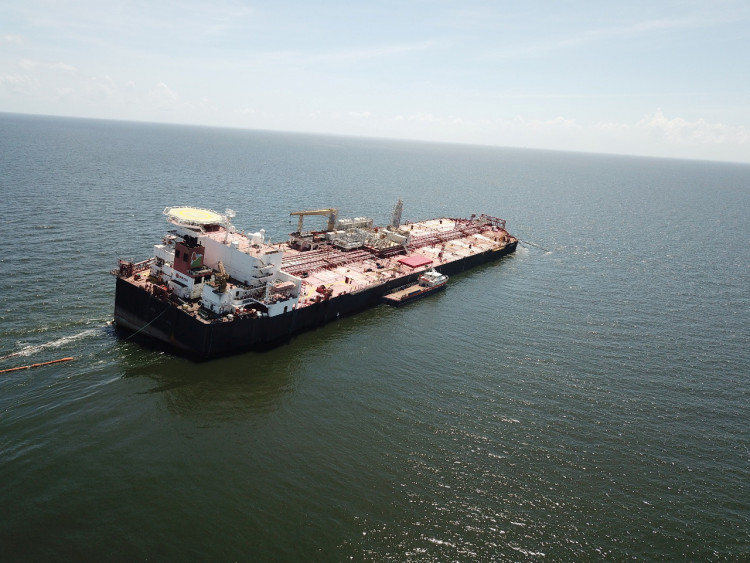The presidents of the United States and France pledged to hold Russia accountable for its actions in Ukraine, while the European Union and oil price limit intended to deprive Moscow of resources reached a tentative deal on Thursday.
According to diplomats, the Group of Seven (G7) nations' proposal for a $60 per barrel price cap on Russian seaborne oil was tentatively accepted by the governments of the European Union on Thursday, Dec. 1. The cap will have an adjustment mechanism to maintain a 5 percent discount on market prices.
The deal still needs to receive official approval from every EU government by this Friday. An EU diplomat noted that Poland, which had pressed for the cap to be as low as possible, had not yet indicated whether it would support the agreement.
Last week, the G7 initially proposed a price cap of $65-$70 a barrel with no mechanism for adjustment. Days have passed as EU nations argued over the specifics of the price restriction, which attempts to reduce Russia's income from oil sales.
Since the price of Russian Urals crude had already fallen, Poland, Lithuania, and Estonia rejected that level as failing to fulfill the primary goal of limiting Moscow's ability to fund its conflict in Ukraine. "The price cap is set at US$60 with a provision to keep it 5% below market price for Russian crude, based on IEA figures," an EU diplomat said.
An EU paper stated that the price ceiling would be evaluated in the middle of January and then every two months after that to see how the program is working and how to react to any potential "turbulences" that may emerge in the oil market as a result. According to the paper, vessels transporting crude oil of Russian origin that were loaded before December 5 and emptied at their final destination by January 19, 2023, would be subject to a 45-day "transitional period."
Because Russia produces 10% of the world's oil, the G7 price cap on Russian seaborne crude oil will go into effect on Dec. 5 in place of the stricter EU outright ban. This is done to protect the global oil supply.






